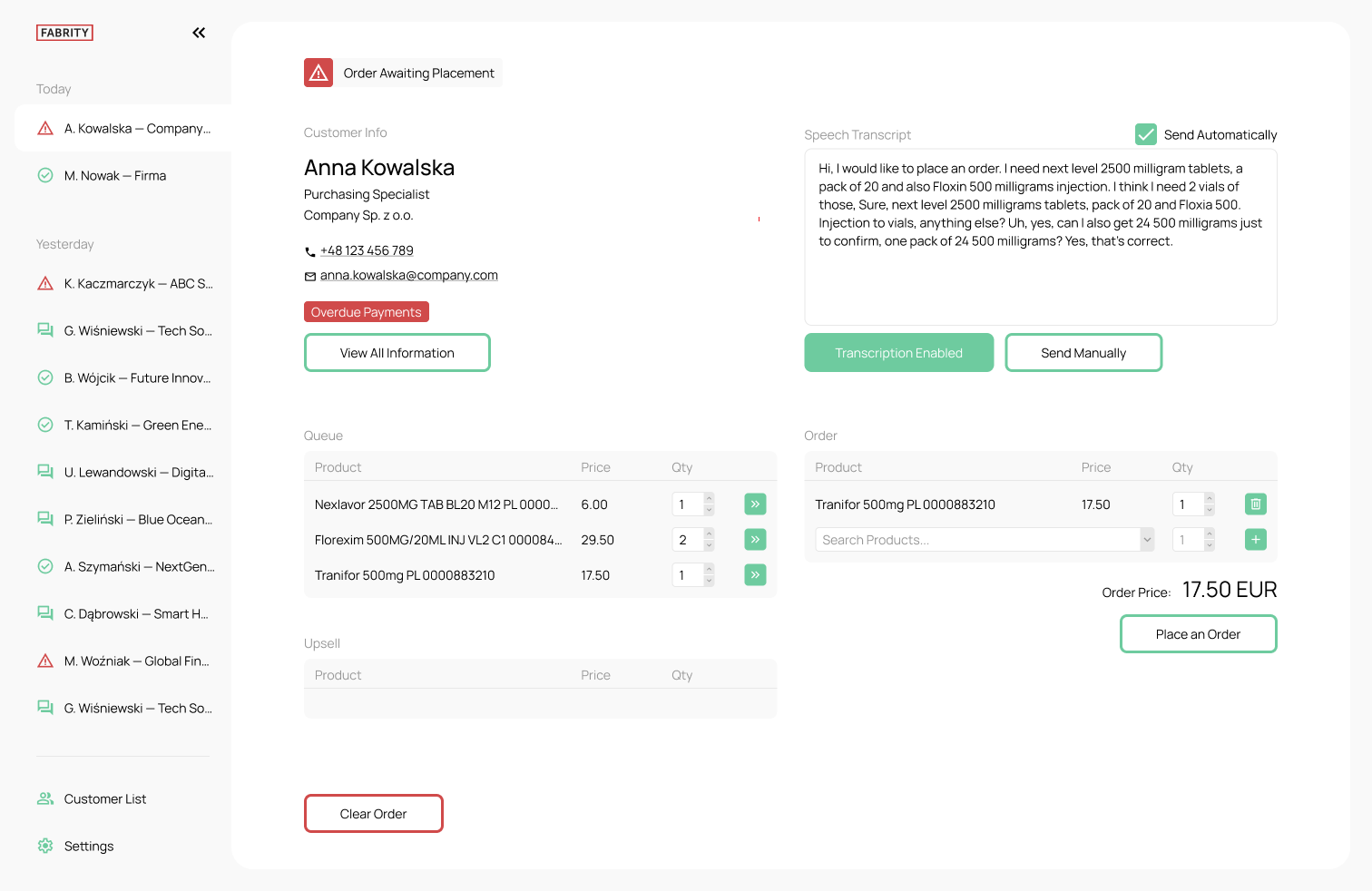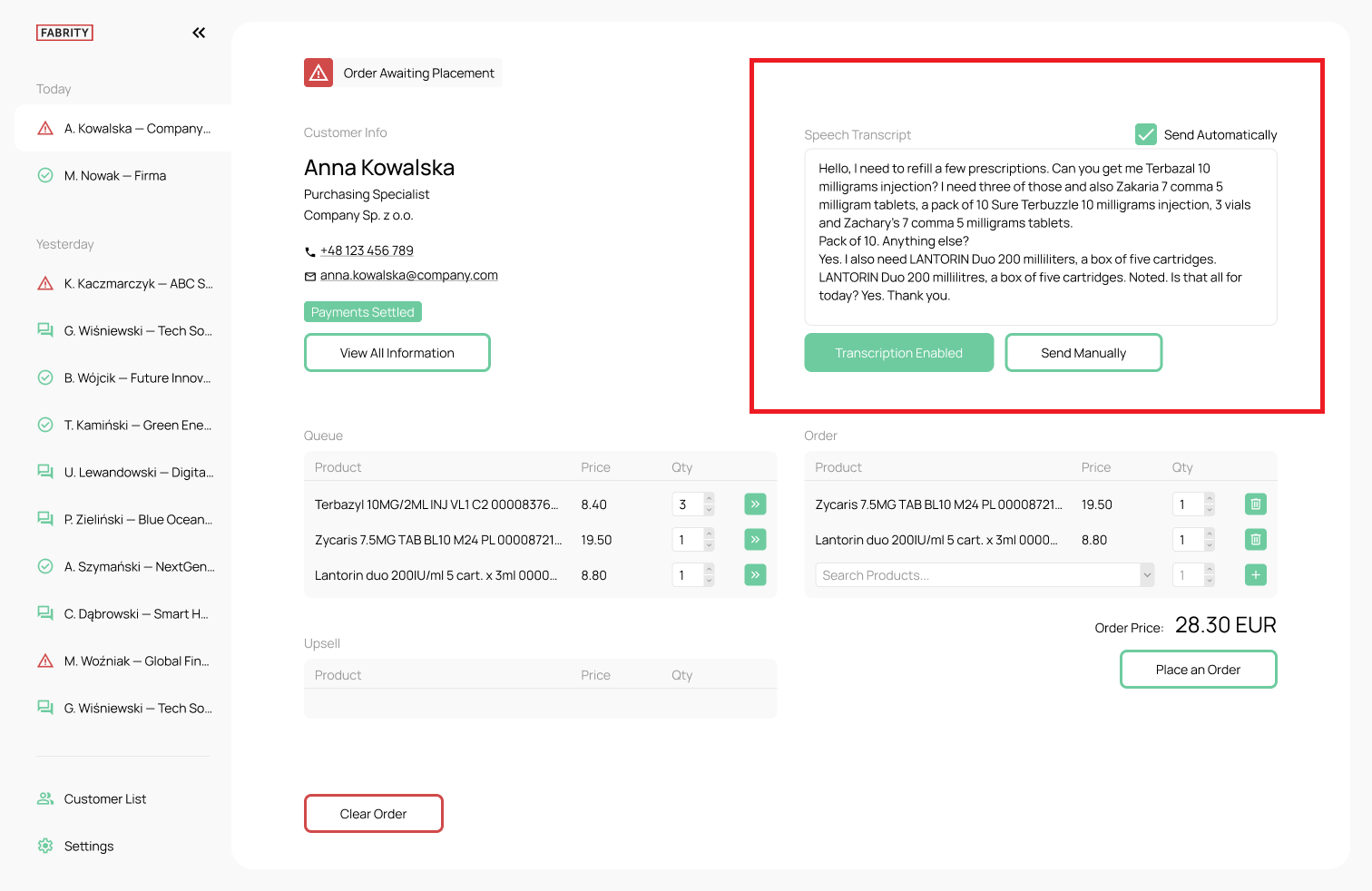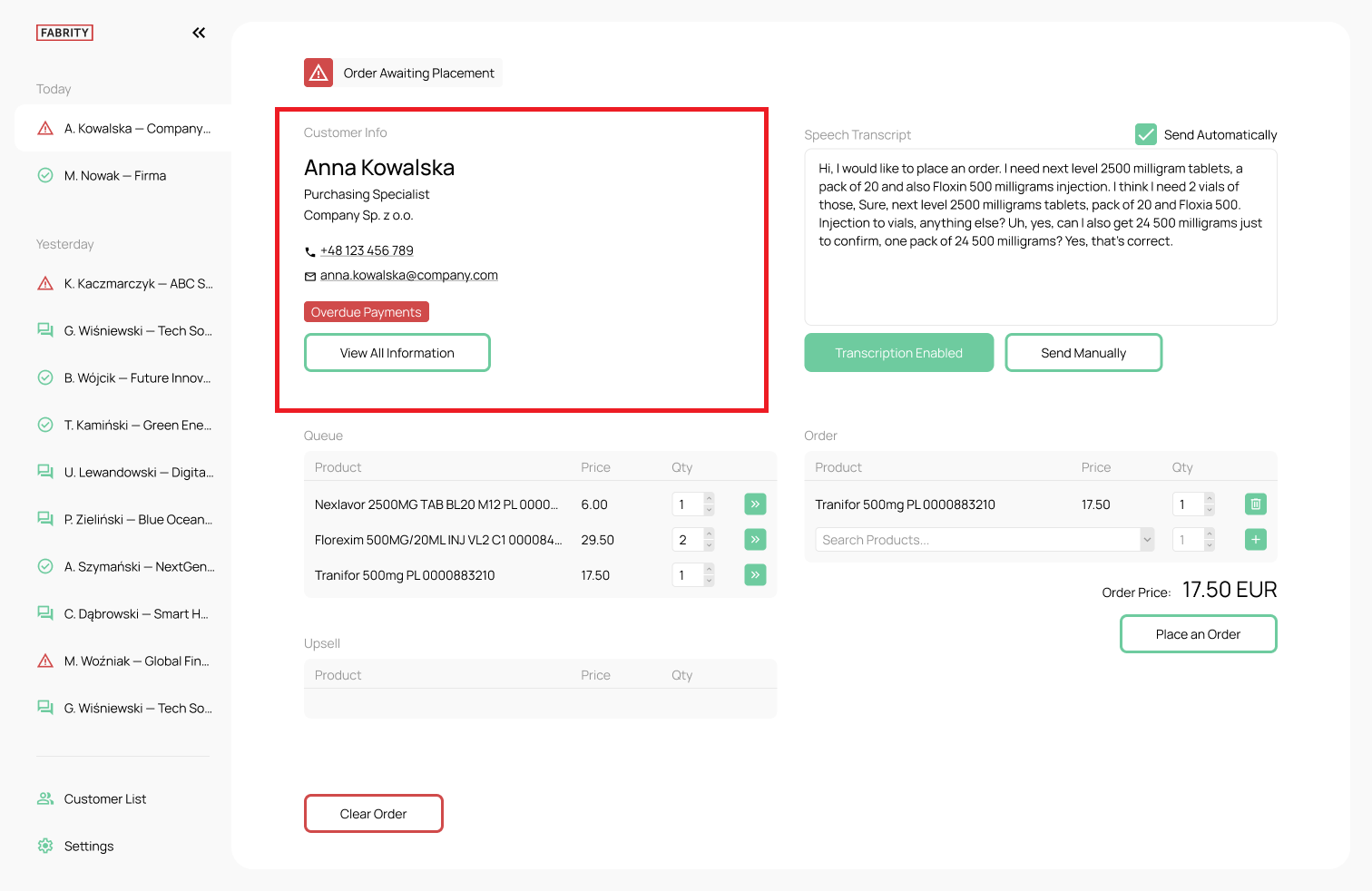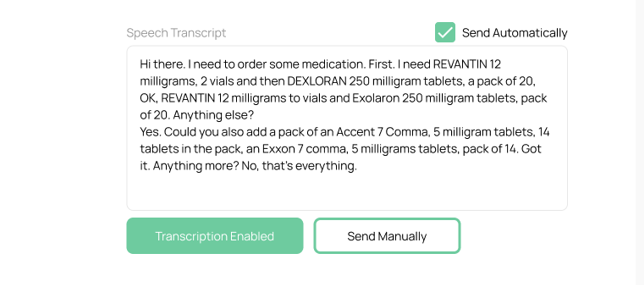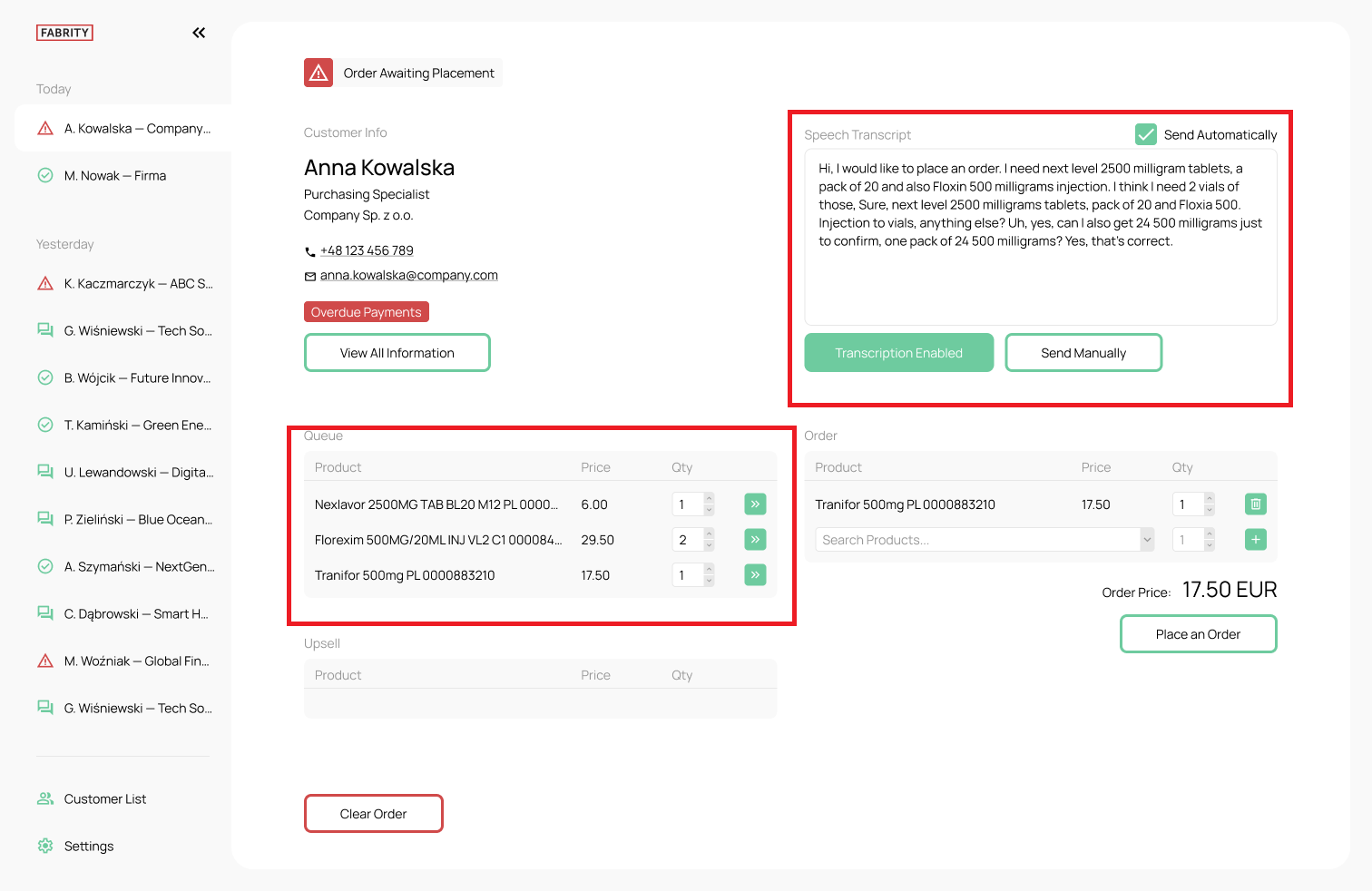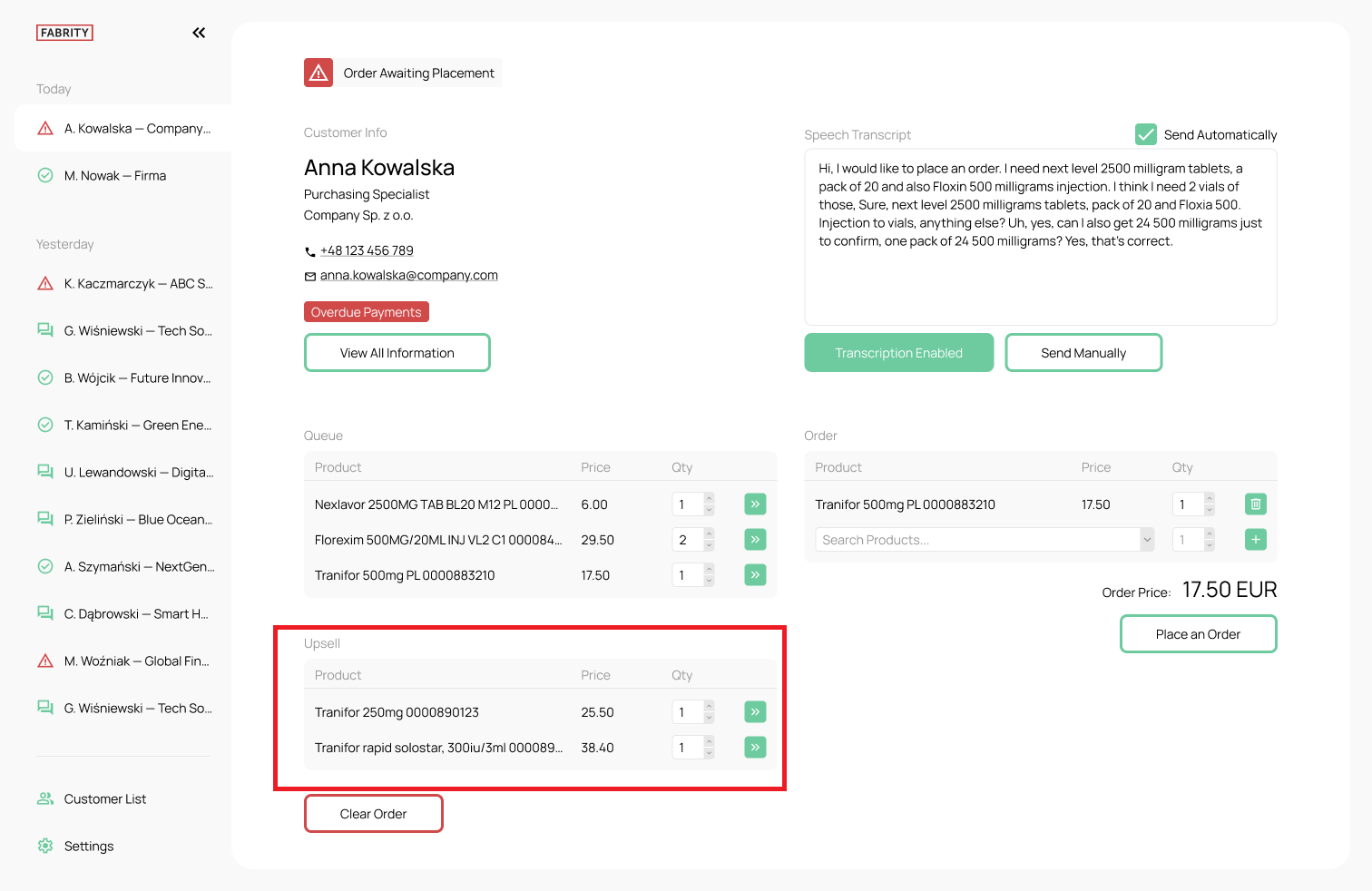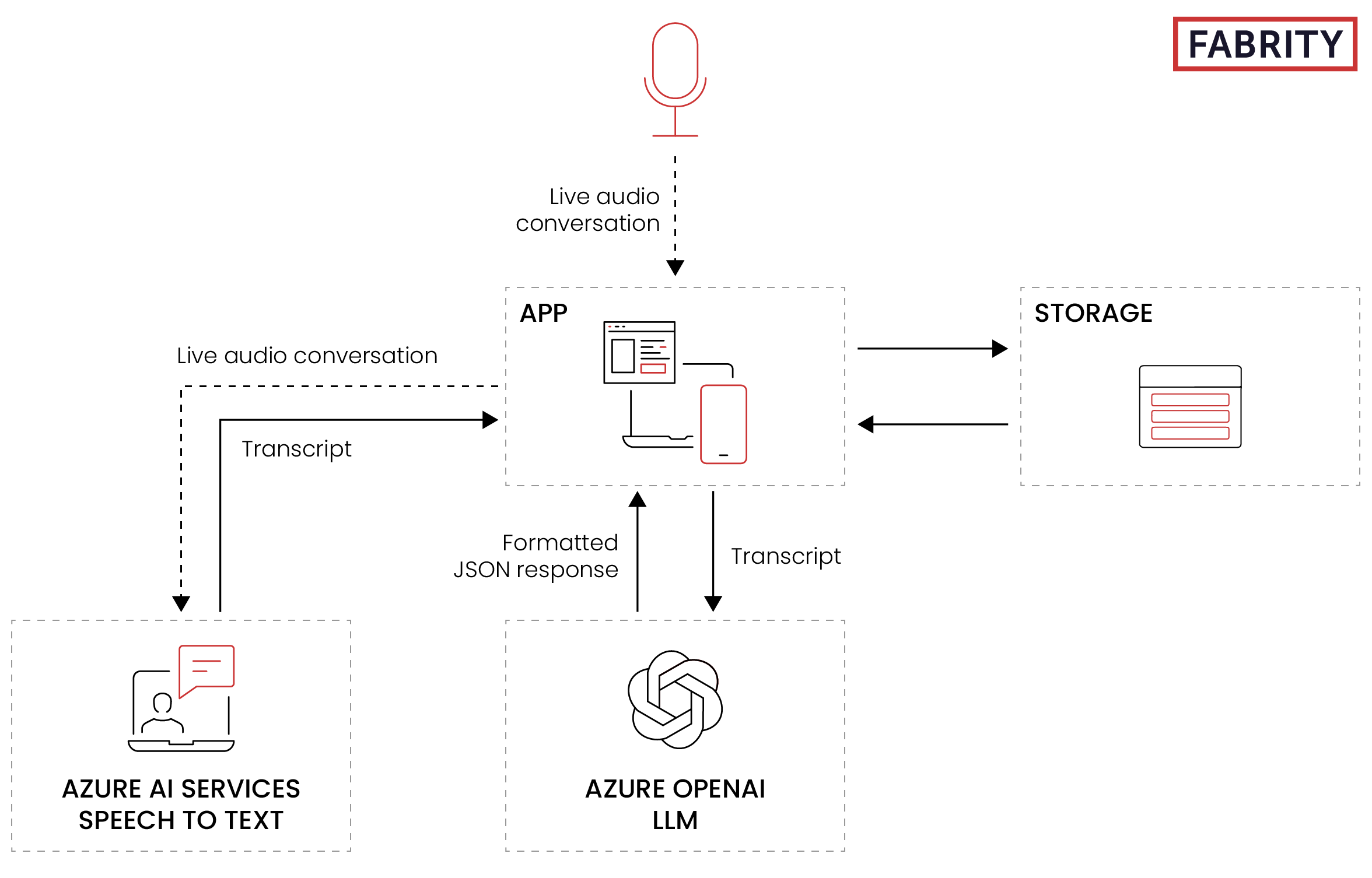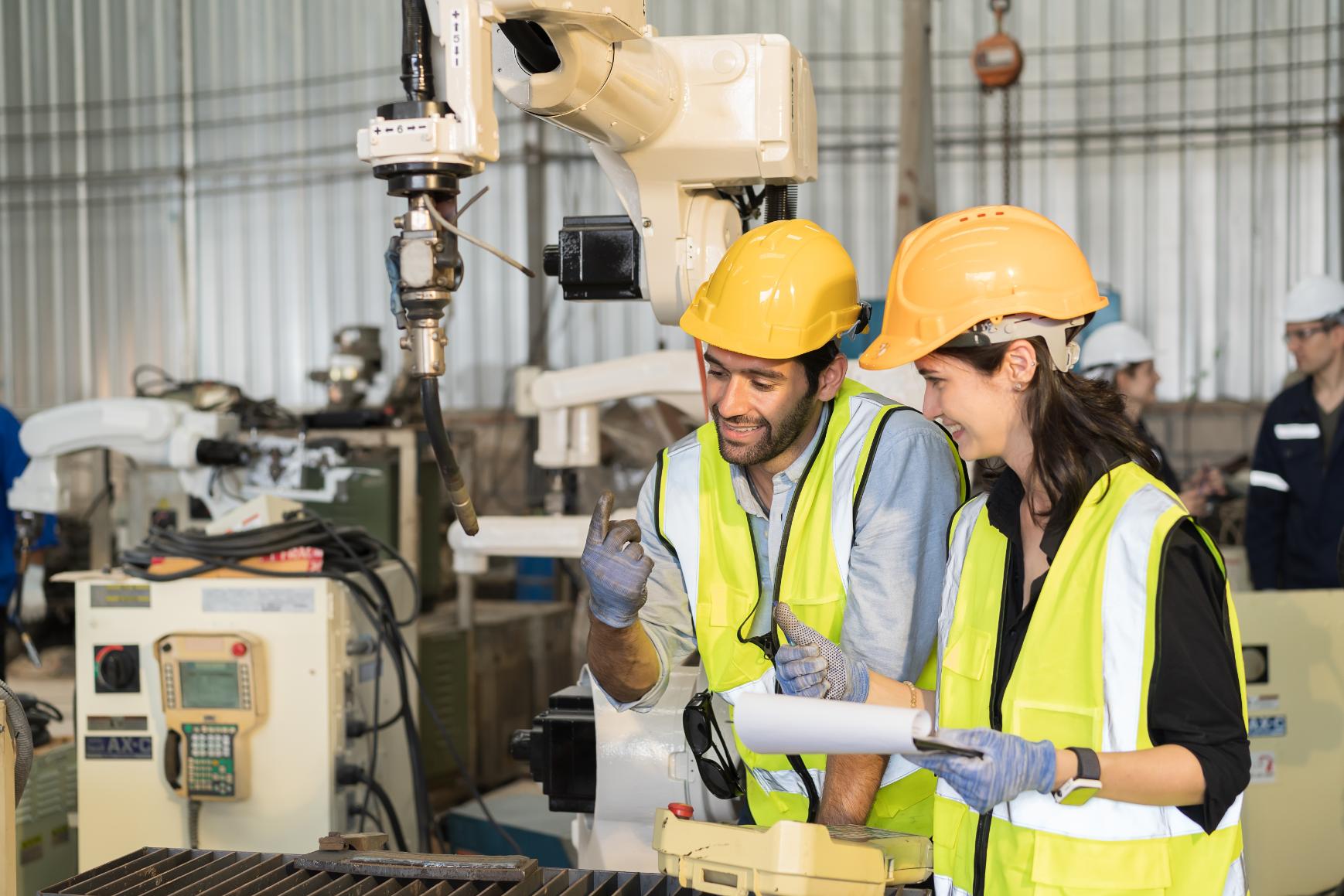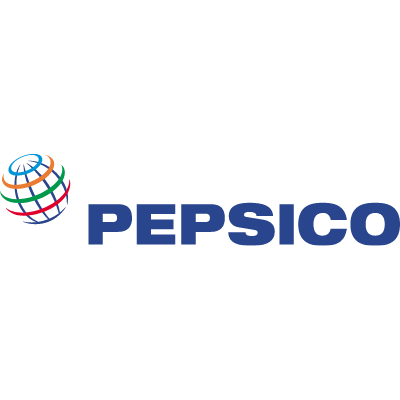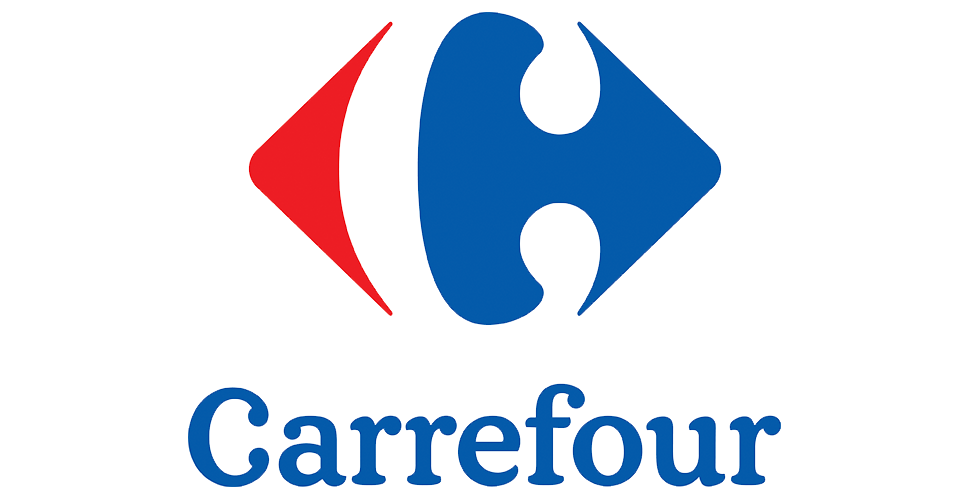Despite their ability to generate human-like text, large language models (LLMs) alone are not enough to deliver real business value. They tend to hallucinate answers and have a knowledge cutoff, meaning they only access information publicly available up to a certain point. To perform business-specific tasks, LLM-powered virtual assistants must be integrated with systems like knowledge bases, Industrial IoT networks, CRM, ERP, or others. This integration allows AI assistants to access verified knowledge (via retrieval-augmented generation, or RAG) or real-time data (via function calling), ensuring accurate responses and reliable data retrieval.
Implementing such an AI virtual assistant in the regulation-heavy pharmaceutical industry presents another significant challenge. Not only must the software deliver tangible business benefits, but it also needs to comply with a comprehensive set of norms and regulatory requirements. As a result, technical innovations are approached with considerable caution in this sector.
However, generative AI still holds transformative potential in this highly regulated environment. And not all AI in pharma needs to be about drug development or clinical trials. To demonstrate this, we built a proof-of-concept (PoC) of an AI-powered assistant that streamlines order placement. It is designed for pharmaceutical companies, distributors, and wholesalers who sell medicines to hospitals or chemistries, and are struggling with manual processes. In this article, you will learn how our AI assistant can improve efficiency and help generate new revenue streams.
The sales process in the pharmaceutical industry: Challenges
Pharma companies selling medicines often face a bottleneck in their sales process: manual order placement. This process is not only time-consuming but also prone to error, which can significantly slow down the sales cycle. Moreover, sales teams can only handle a limited number of requests each day, reducing overall productivity. This leaves agents with little time to focus on building customer relationships or tackling more complex tasks that could drive higher revenue.
Manual ordering also limits upsell opportunities. Sales agents, already overwhelmed by processing orders, rarely have the time or resources to suggest additional products that could benefit customers. This lack of capacity results in missed opportunities to offer relevant upsell options, ultimately impacting the company’s bottom line.
Additionally, critical information for finalizing orders is often scattered across multiple systems, making it difficult for agents to quickly access customer data. Without instant access to customer records, sales agents struggle to offer personalized recommendations or close deals efficiently. This fragmented process further slows the sales cycle and limits the potential to maximize customer value.
Read more on AI:
LLM agents: the next big thing for GenAI
Leveraging LLM function calling to harness real-time knowledge
Will large context windows kill RAG pipelines?
What is synthetic data and how it can help us break the data wall?
Boosting productivity with an AI personal assistant—three real-life use cases
Finding the best LLM—a guide for 2024
Small language models (SLMs)—a gentle introduction
Generative AI implementation in business: how to do it responsibly and ethically
Ten business use cases for generative AI virtual assistants
Generative AI in knowledge management—a practical solution for enterprisesCurbing ChatGPT hallucinations with retrieval augmented generation (RAG)
Large language models (LLMs)—a simple introduction
RAG vs. fine-tuning vs. prompt engineering—different strategies to curb LLM hallucinations
The solution: AI-powered virtual assistant for smart sales
To enable smarter sales in pharma, we built an AI-powered virtual assistant. It uses OpenAI’s large language models and AI speech-to-text technology to help sales agents boost their efficiency (see Figure 1):
Fig. 1 An AI virtual assistant for smart sales in pharma
It works as follows.
Every time a customer (i.e., a chemist, pharmaceutical distributor, or a wholesaler) calls to order medicines, the assistant automatically transcribes their conversation with the human sales agent. This is possible thanks to the speech-to-text technology. In our case, we used Azure AI Services, but you can also use other cloud platforms or solutions with similar capabilities. See Figure 2 below:
Fig. 2 Automatic transcription of a call with speech-to-text technology
Additionally, the assistant automatically identifies each caller and displays their CRM customer record. See Figure 3 below:
Fig. 3 Automatic caller recognition
Of course, it is not all smooth sailing. To ensure that all medicine names are recognized correctly, we need to upload a custom dictionary with medicines specific to a given pharmaceutical company. This allows the speech-to-text component to accurately recognize them. The recognized items appear in CAPITAL LETTERS. Please note that all product and medicine names in this application are synthetic, generated by AI for demonstration purposes. For details, see Figure 4 below:
Fig. 4 Automatic product name recognition
Another challenge to overcome is the variation in accents, intonation, and pronunciation when people speak. This is where the magic of AI comes into play. We have instructed the underlying language model to detect and recognize these names accurately, even if a customer does not provide its full name. Thanks to the RAG mechanism, which grants access to a knowledge base of medicines produced and sold by the pharmaceutical company, AI can identify the medicine based on its description or active ingredient. What is also important, the LLM not only identifies the medicine names but also correctly detects doses and forms (such as injections, capsules, tablets, syrup, etc.) requested by a customer. Items that are correctly recognized are placed in the order form. Those that are not recognized, have issues with doses or forms, or are unavailable, are sent to a queue for verification. Both actions are done automatically but are monitored by a sales agent, who verifies the items in both the queue and the order form. See Figure 5 below:
Fig. 5 Error correction by an LLM, and automatic queue filling
Now comes the sweet part. Based on customer data (e.g., from CRM or other systems) and previous sales, the AI assistant automatically suggests upsell opportunities—products the customer might be interested in. This feature frees sales agents from having to devise the best proposal, allowing them to focus on building strong customer relationships. And since the upsell suggestions are data-driven, the chances of acceptance are higher. See Figure 6 below:
Fig. 6 Automatic upsell suggestions from an AI virtual assistant
Once product names with their doses and forms are verified by a sales agent, they are moved to the order form. If a customer accepts an upsell proposal, these items are moved to the order too. Now, the order is ready to be placed.
AI virtual assistant for smart sales in pharma: benefits
Our AI virtual assistant for smart sales in pharma significantly speeds up the sales process, enabling agents to close deals faster. By automating tasks like order placement and upsell suggestions, sales teams can handle more customer requests in the same amount of time, leading to a noticeable boost in productivity. Customers benefit from quicker, more efficient interactions, improving overall satisfaction with the ordering process.
The built-in upsell feature opens up new revenue streams by automatically recommending additional products that are relevant to the customer. These suggestions are data-driven, based on previous sales and customer profiles, making them highly personalized and increasing the likelihood of acceptance. Sales agents no longer need to spend time thinking about upsell opportunities, freeing them to focus on building stronger relationships with their customers.
Customization and system integration ensure that the virtual assistant fits seamlessly into your company’s existing processes. You can upload a custom terms dictionary with specific product names to improve speech recognition in your unique sales environment.
Hosted on Azure, the application offers enterprise-grade security and is fully GDPR compliant, ensuring data confidentiality.
Additionally, sentiment analysis of conversation transcripts provides valuable insights into customer satisfaction, allowing for continual improvement in sales interactions. It is also possible to use AI to analyze these scripts to check if sales agents are following the conversation scripts, proposing new products, etc. This cannot be done manually, and the insights gathered can be used to train sales agents and improve customer service.
AI virtual assistant for smart sales in pharma: Architecture
Going more into the technical details, here is a breakdown of the architecture of our solution:
- App—an application designed for streamlining the sales process. It can be integrated with the client’s existing solution or deployed as an API that returns results in the appropriate format.
- Storage—a place where essential data for the sales process is stored. The basic data includes:
- a phrase dictionary, which contains proper names that the speech-to-text element recognizes during conversations,
- a dictionary of target elements/articles that the conversation is related to,
- examples of conversations for the chatbot to improve its performance.
- Azure AI Services speech-to-text—a component of Azure AI Services that enables the conversion of audio streams (conversations between two people) into text. Since the conversations often involve specialized subjects (e.g., proper names of drugs, or medical products), the recognition capabilities of this component can be enhanced using a dictionary with pharma-specific terms.
- Azure OpenAI LLM—a chatbot based on LLM analyzes the conversation text and generates a structured response in JSON format.
See Figure 7 below:
Fig. 7 The architecture of our AI virtual assistant for smart sales in pharma
AI in pharma: Key takeaways
As you can see, the application of artificial intelligence in the pharmaceutical industry does not always have to be about the drug discovery process or clinical trials. Sometimes, simpler solutions using the natural language processing capabilities offered by the Azure ecosystem can help streamline key processes in a company. Our AI-powered virtual assistant, which is quick to develop and deploy, can boost the efficiency of sales teams and create new revenue streams for pharmaceutical companies. The initial cost of building such an assistant is not prohibitive, and its ROI can be easily calculated. So, in order to harness the power of AI, you do not need to start a revolution. You can start with small steps, introducing small changes in key processes that will bring substantial business gains. This first AI deployment will be also a good playground to test what works and what does not and to prepare a comprehensive framework for company-wide AI governance.
If you want to test our virtual assistant for smart sales, we can build you a PoC. The process runs as follows:
- We analyze your business case.
- You gather data.
- We prepare the Azure infrastructure.
- We build a dedicated PoC using your data.
- We test and optimize the PoC.
Once the data is ready, the entire process of building a PoC for an AI-powered smart sales will take us approximately two to three weeks.
Drop us a line at sales@fabrity.pl to discuss the details.


